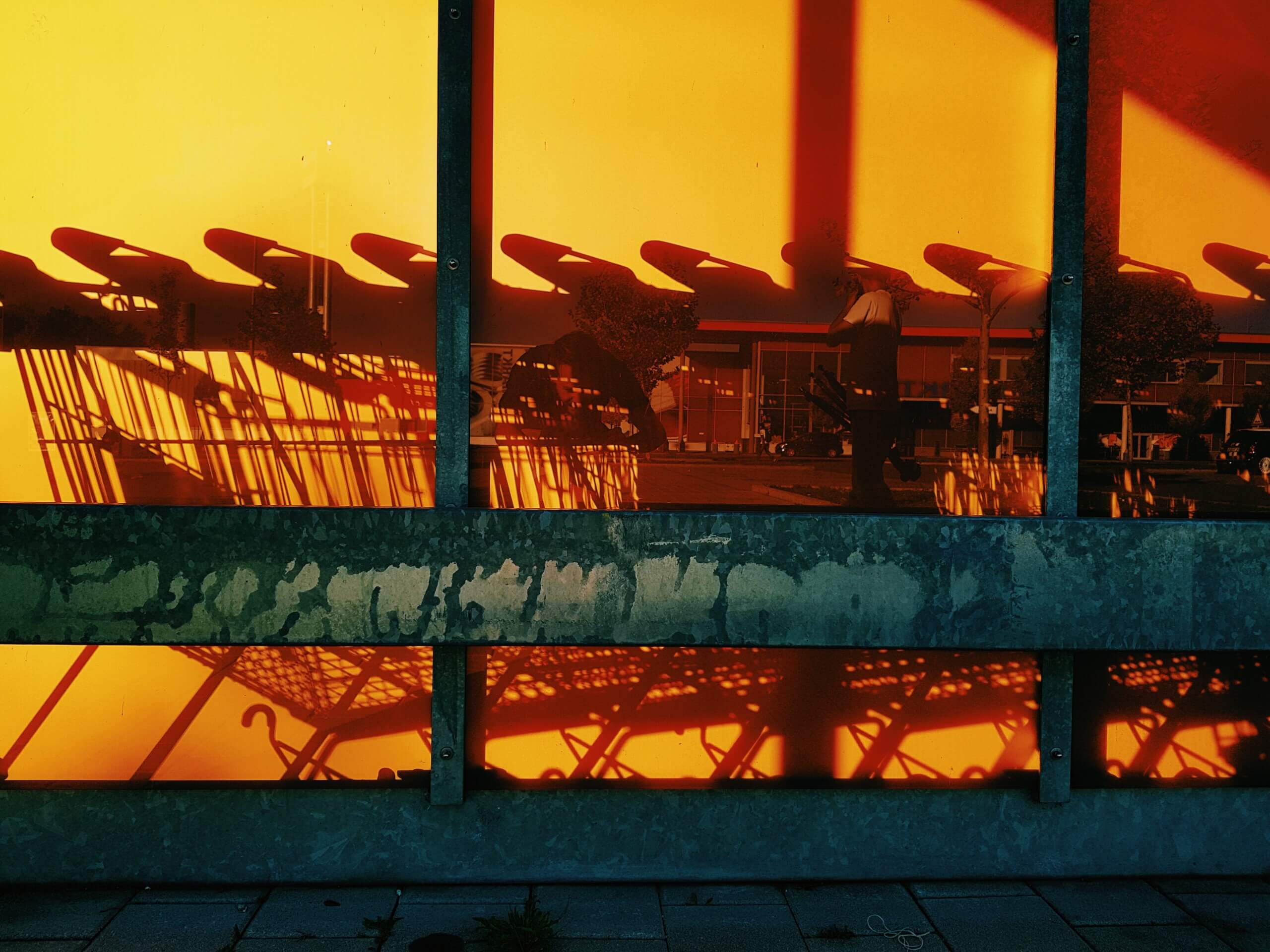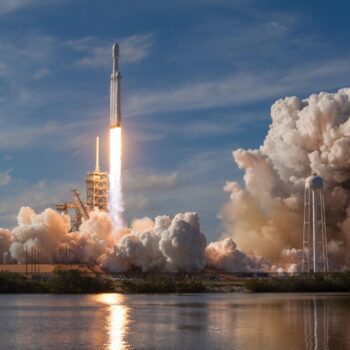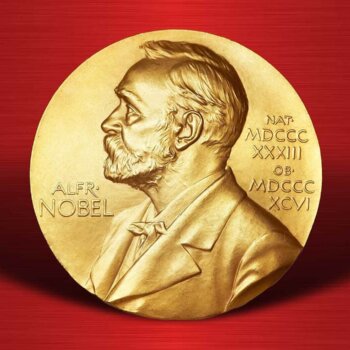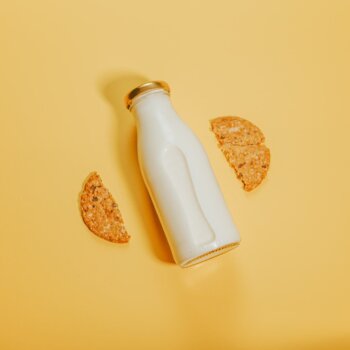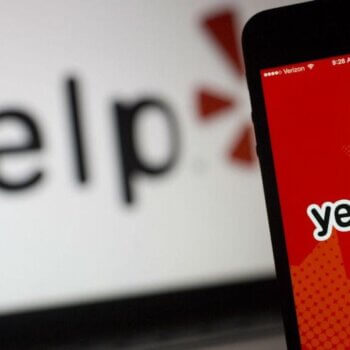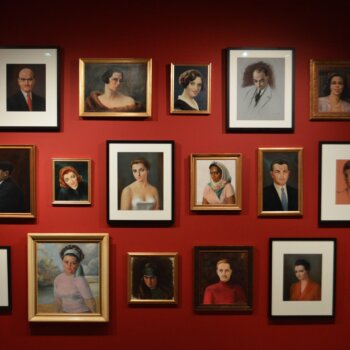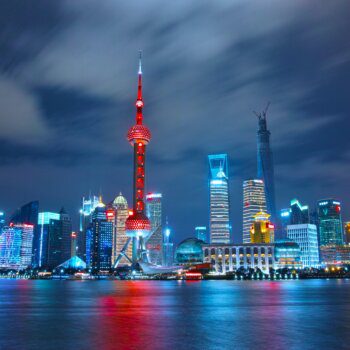Over the past three years, I have become increasingly disappointed in capitalism. It’s not that I’ve landed on the wrong side of the equation. I am squarely on the “winning” side. So, my misgivings aren’t fueled by personal feelings of exclusion or hardship. They are fed by an increasing awareness about the extent of destruction capitalism has caused to everything in its wake — that we have caused with our wake.
Our current course was set early. About 100 years ago, capitalism as a theoretical system metastasized into something existentially dangerous to people and planet, transforming both relentlessly in the process, and continuing to accelerate, today.
That “thing” is consumerism; and we are all co-conspirators.
Describing consumerism in her book, Flux, April Rinne shines a light on this mindset:
“Previously we were seen as human beings, whose job was to contribute to society and help others. With the advent of consumer mass marketing, we became seen as consumers whose principal job is to consume. A new, consumer-driven script was born.
Until recently, consumption did not boost gross domestic product (GDP); it killed you. —April Rinne
And yet, the original meaning of “to consume” is “to destroy” — as in “consumed by fire.” Until recently, consumption did not boost gross domestic product (GDP); it killed you. In English, consumption is another word for tuberculosis. In Latin, consummare means used up, wasted away, finished.
Roughly one century later, this consumer destruction proceeds apace: our pocketbooks are depleted, and the planet is at risk of wasting away.
We’re told to keep following this old, crusty, dangerous script in order to keep the economy intact. Consume, consume, consume!
In today’s world, we’re seen first and foremost as consumers: or as futurist Jerry Michalski says, as “gullets with eyeballs and wallets.” So long as we continue to consume, we’re told, all will be well in the world.
But all is not well whatsoever.
At the societal level, we chase metrics like GDP that measure only economic activity “seen” as dollars and cents. GDP does not “see” a wide range of extremely valuable activities that underpin our economy and well-being, such as the “invisible labor” of parenting and volunteering, and the “invisible value” of shared (rather than owned) resources.
When we follow the consumer script, we also train our eyes to not see: to not see the full effects of what we buy, to not see those who are struggling. We even stop seeing when there are better paths forward.”
As I was reading those words on the plane yesterday, I saw a woman enter, carrying what I immediately recognized as an Hermès Birkin bag — and not the small one. In the context of my reading, I perceived her object of desire’s $20,000 price tag differently from how I normally might: I saw it as an amount of money that — spent differently — could net her a beautiful, well-crafted and functional carry-all, and still leave her with $19,750 to gift to an impoverished family. The only cost to her would be brand association, while her beneficiaries would quite literally be lifted out of poverty, permanently.
The loans that I and others make to Kiva do exactly that.
If we still followed our ancestral script, the woman on the plane would’ve chosen to “contribute to society and help others,” rather than excel in an extreme consumption game at the expense of her fellow human beings. And somewhere deep down, she would’ve felt immense joy and accomplishment, for saving lives.
She would’ve felt like a cultivator. (More on this later.)
The end state of consumerism is that at some point, there is nothing left to consume.
A Better Path Forward
To regain our human focus, we need a new script… again. Luckily, we are in the early stages of an awakening. An increasing number of us are realizing — as I’ve written before — that the end state of consumerism is that at some point, there is nothing left to consume. In spite of the advanced state of global emergency that consumerism brought about, there are no major institutions, political bodies or cultural value sets that have enacted enforceable policies along the lines of “enough is enough”. Instead, we continue to mandate quarterly increases in production and profit, even though we were perfectly happy with last quarter’s returns, just months ago. National GDPs perpetually demand exponential growth, which in turn requires us to continue finding cheaper means of extraction and/or increased consumption. We do these things in spite of the fact that life was wholly adequate last year, and the ones before that, when our returns were a fraction of what they are today.
This is the red herring of the “ROI” storyline: that in spite of having our needs met, we invent new needs constantly, then aggressively pursue them, at the expense of people and planet.
Alarmingly, we have proven again and again that our appetite is bottomless, in spite of our natural emotional and physiological limits. Each time we have reached a plateau in consumption — having met our physiological and domestic needs (and even wants) — corporations have invented ways of coaxing our bodies and minds to stretch. We continue to invent so-called ‘empty’ foods that trick the body into feeling hungrier, while offering nothing of real value to them. We design objects that break by design, just in time for us to replace them with something “new and improved” that exists largely to placate shareholders. We saturate the market with gizmos that minimize labor that we were happy to expend just yesterday, but now can’t imagine the “affront” of exerting, today. Stand up to change channels? Barbaric. One of the earliest time-savers, Zenith’s 1950 television innovation was actually initially called Lazy Bones. Roll my own suitcase down a concourse? What is this: 2019?! There’s a bot for that now. And why slog through slicing and dicing produce with a chef’s knife, when a store’s worth of new single-purpose devices can make the whole enterprise of food preparation a tad easier? Better yet, why cook at all, when you have a smartphone and a digital ecosystem for outsourcing foraging, preparation and even clean-up?
Digital and print ads everywhere trumpet lifestyle aspirations that keep us climbing higher and higher into ever-more-rarified space, away from “those people”, and the activities and possessions that we are encouraged to improve upon, in perpetuity.
It’s never enough.
Rinne writes, “Contemporary mass-market consumerism and free-market capitalism fuel notions of never having enough, being enough and — by extension — working hard enough. That’s how consumerism thrives, by making sure we never see ourselves as enough. Whether you accept this messaging, indeed if you even see it, is a function of your mindset. Are you questioning this system, or are you too busy hustling on its hamster wheel to notice that you may be running right past life?”
Sadly, most of us are too busy hustling to be aware of just how destructive our mindsets are, on ourselves and our planet. But to paraphrase Sam Cooke, “Change gonna come.”
As I wrote in Do No Harm, “We destroy the planet and people in the name of profit and winning, because we have given in to the myth of scarcity: where to win, someone else must lose; and so, we wreak havoc on everything and everyone in a bid to come out on top.”
Beyond the fact that there is no actual limit to the building blocks of our foundational well-being — to energy, shelter, food, education and health; or to kindness, empathy, generosity, collaboration and inclusivity, among countless other societal needs — there is also, seemingly, no end to our problem-solving creativity. We can produce clean energy to power the Earth without hurting it. We can shelter everyone in ways that protect them against weather and disease at little actual cost. We can feed everyone on the planet with nutritious foods that enable us to maximize our contributions to shared prosperity. And we have the means of empowering every human with education (it’s called the Internet), and eradicating diseases with 21st century medicine, because we already have a global set of distribution protocols and networks, created to maximize the reach of global consumption.
To repeat my assertion in Do No Harm, all we lack is the willingness to share these things freely.
People come before things. —Father Arizmendi
A New Paradigm
As I mentioned, we are beginning to awaken. New societal models are emerging at various scales, founded on infinite value sets from which one cannot construe a loser. I wrote about them extensively in The Relationship Economy, for The Startup. “People come before things,” is a common mantra for players of the infinite game. These experiments already take many forms, and they are thriving in the “real world”. There are B-Corps; cooperatives like the wildly innovative Mondragon; bottom-up DAOs that use cryptocurrencies and NFTs as currency to fuel prosperous, inclusive cultures; and new “social operating system” roadmaps, to coin entrepreneur and former Santa Fe Institute chair Jim Rutt, which more and more people are referring to as “Game B”. Game B prioritizes the cultivation and equitable distribution of limitless resources we in fact possess, aimed at solving only one problem: maximum long-term prosperity, for as many people as possible.
These things represent nothing less than a new paradigm, spurred by our awakening sense of urgency, and the empirical evidence of a species gone mad that surrounds us with existential crises at every turn. We fell forests; poison waterways; hollow out the Earth; empty it of fish and other wild things; kill one another in the name of resource access, ownership, profit, market share and shareholder return; and compete for jobs, food, housing, education, medicine, status objects, accolades, privilege, adulation and even happiness.
We have been sold a bill of goods by our political and business leaders. We have been led to believe that it is not only better to compete than to collaborate, but that our very survival as a species depends on it. As a result, we witlessly consume ever-increasing amounts of everything; and though we are bursting at the seams of satiety, we are told that unless we continue to swell, we face societal collapse.
Bullshit.

Cultivation(ism)
If consumption is the destruction of something, then cultivation is its opposite. To cultivate means may things, all of them good. A quick scan of dictionary entries includes the following: To raise crops. To produce culture. To develop or improve by education or training. To foster arts, sciences, love and friendship. To devote oneself.
Just imagine if we lived by the edict of cultivation, guided by an infinite value set. If we did, we would create anddistribute physical and emotional resources to everyone, promoting alignment and collaborative cooperation, rather than division and competitive antagonism that has led to a species on the brink.
Cultivation(ism) would redirect our puerile adolescent instincts, by reminding us of our capacity to lift one another up, rather than tear one another down; and to share resources, because there are enough to go around.
As Aesop warned us over two thousand years ago:
“United we stand. Divided we fall.”
Final Thoughts
A human lifetime isn’t especially long, but it is long enough to change a planet and its people. There are people still alive who recall life before World Wars and consumerism, and who remember teeming wildlife and consistent weather patterns.They remember life before obesity and the broken food system that birthed it. And they remember intricately woven communities whose members made one another stronger.
The actions we choose carry consequences that are ultimately felt by all of us. Consumerism is nothing but a modern concept, albeit one that has resulted in the near-destruction of the planet we inherited. We can choose to consume or to cultivate with every action we take. Our choices either support or challenge the prevailing dogmas that are failing us. We can exclude or include; ignore or help; seek difference or similarity; hoard or share; judge or learn; make short-term gains, or long-term investments; stand for self or for community.
These are simple things, really.
We don’t need to “change the system”. We can simply change ourselves, through our daily choices. When enough of us make enough better choices, the health of the whole improves. Eventually, the broken parts of “the system” will pay attention. I promise. It’s called self-preservation. With enough cultivators, the consumers will be forced to yield to a new, more constructive model of human society — one that supports all of us, in the long term, because these things are easy, provided we have the will to drive them.

The brilliant bell curve explains this phenomenon well. Someone always leads the rest of us down any given path, bad or good. It begins when someone acts, because their actions inevitably frame others’ choices, once they are aware of them. And with our choices, we can seed consumption or cultivation, each and every time.
As the bell curve teaches us, eventually the early — then late — majorities, and finally the laggards who drag their heels or rattle the cages, will join in, if only because they must. And by then, over the course of a human lifetime, the world will remake itself anew, into one that supports our collective thriving over the long term.
